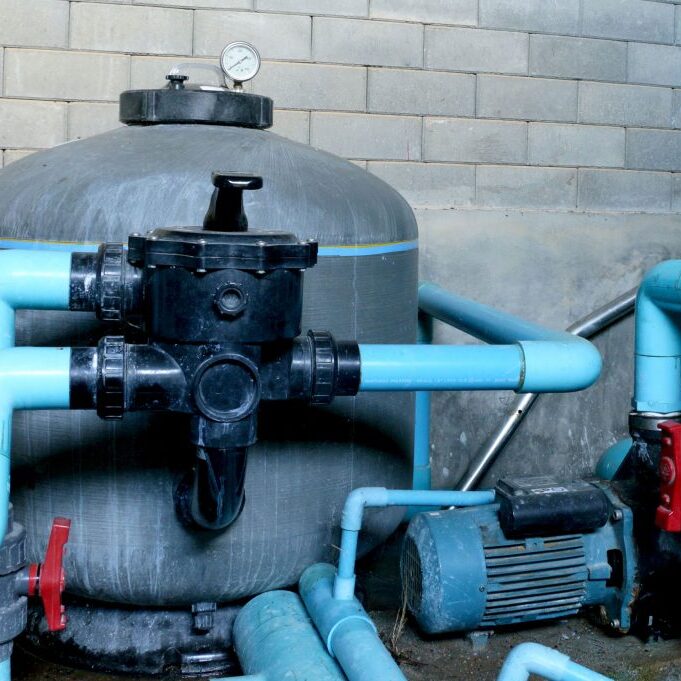Owning a pool is a luxury that brings fun, relaxation, and a perfect gathering spot for family and friends. However, with this luxury comes the responsibility of maintaining and managing your pool to ensure it remains a safe and enjoyable space. This is where a pool orientation comes into play. But what exactly is a pool orientation, and why is it essential for new pool owners? Let's dive in.
Understanding Pool Orientations
A pool orientation is a comprehensive introduction to your new pool and its components. Conducted by pool professionals, this session covers everything you need to know about operating and maintaining your pool. It typically includes:
- System overview
Detailed explanation of the pool's filtration, heating, and sanitation systems. - Equipment Demonstration
Hands-on demonstration of how to use and maintain equipment such as pumps, filters, heaters, and cleaners. - Water Chemistry
Education on balancing chemicals, testing water quality, and adding necessary treatments. - Maintenance Tips
Guidance on routine maintenance tasks like skimming, vacuuming, and checking for leaks.
Why Pool Orientation is Essential
- Maximizes Pool Longevity
Understanding how your pool's systems work and how to properly maintain them can significantly extend the life of your pool and its equipment. Regular maintenance and correct usage prevent damage and reduce the need for costly repairs. - Ensures Safety
A well-maintained pool is a safe pool. Learning about safety features and emergency procedures helps prevent accidents and ensures that everyone can enjoy the pool without undue risk. Proper chemical handling and storage are crucial for preventing injuries and health hazards. - Enhances Enjoyment
A pool that is clean and well-maintained is more enjoyable to use. Knowing how to keep your pool in top condition means you can spend more time swimming and relaxing, and less time dealing with maintenance issues. - Saves Money
Proper pool maintenance can save you money in the long run. By understanding how to operate and care for your pool, you can avoid unnecessary service calls and repairs. Keeping your pool equipment in good condition also reduces energy costs, as well-maintained equipment runs more efficiently. - Boosts Confidence
For new pool owners, the prospect of maintaining a pool can be daunting. A pool orientation provides the knowledge and confidence needed to manage your pool effectively. Knowing you can handle any issues that arise will give you peace of mind and allow you to enjoy your pool to the fullest.
A pool orientation is not just a helpful introduction; it is an essential step for new pool owners. It equips you with the knowledge and skills needed to keep your pool in optimal condition, ensuring safety, longevity, and enjoyment. If you're a new pool owner, investing time in a thorough pool orientation will pay off in the form of a beautiful, well-maintained pool that you and your family can enjoy for years to come.
Ready to get started? Contact us today to schedule your pool orientation and dive into the joys of pool ownership with confidence!
Related Guides & Resources
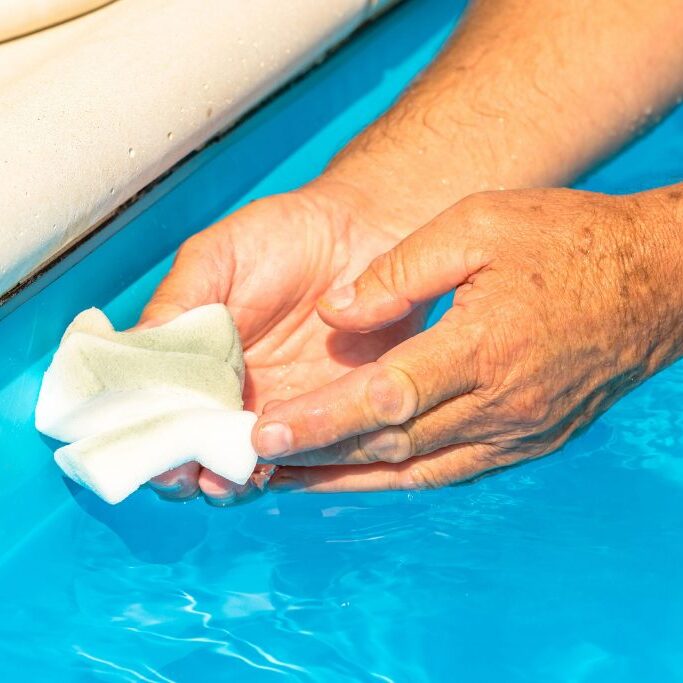
How to Treat and Prevent Metals and Staining
How to treat and prevent metals and staining Metals and Staining in a Pool Metals can be introduced to the water through foreign object or equipment such as:Copper piping and fittings,Heat exchanger,Using Copper Sulphate and other copper-based algaecides, Source water.Metals in pool water may cause staining to the liner, fiberglass, or concrete as well as an…
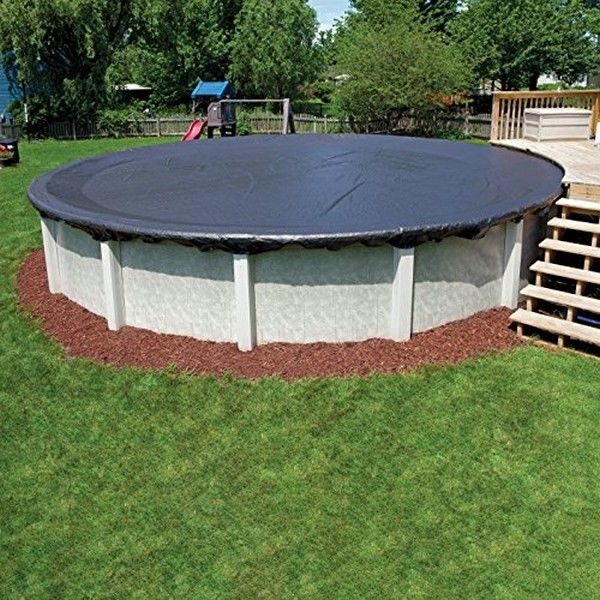
Above Ground Pool Closing Instructions
How to close your above ground pool Pool Closing Steps 1 One week prior to closing, bring a pool water sample to the store so your pool can be properly balanced. It is natural for sitting water to become acidic on its own, so balancing the water is very important prior to closing your pool.…
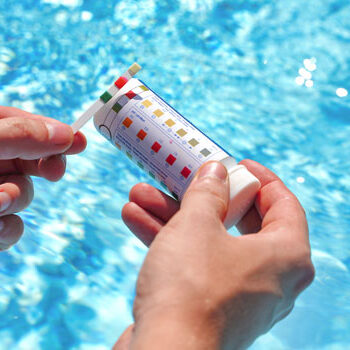
The Benefits of Borate to Treat Your Pool
Why Your Should Use Borate In Your Pool What is Borate? Borate prevents pH drifting, which results in calcium scaling, metal stains, cloudy water, algae, and hard pool water. When you use borate, the water will remain clear for a long period since chloramine (or combined chlorine) does not form quickly as compared to a…
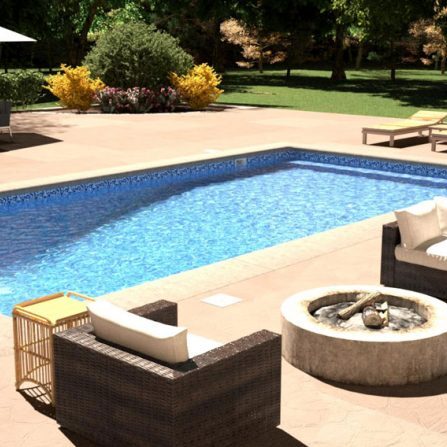
How to Reduce Phosphates in Your Pool
How to Reduce Pool Phosphates What are phosphates? Phosphates are food for algae. Although they are present in all water, once they reach a certain level they can cause issues in your pool. Phosphates can consume chlorine causing a consistently low level in your pool. When you have an extremely low chlorine reading, your pool…
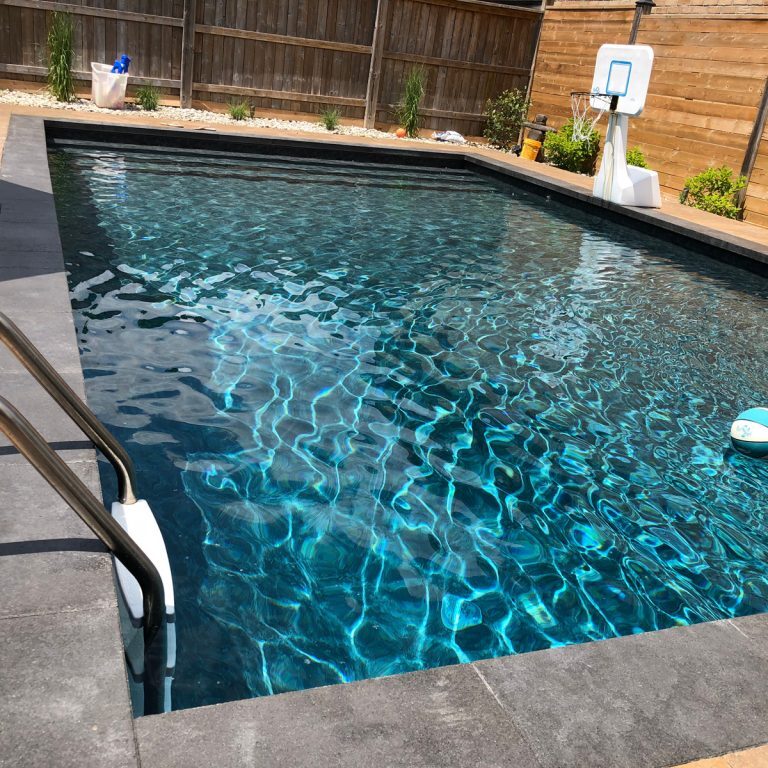
Spring Set-up for Pool UV Systems
How To Open Your Pool’s UV System SET-UP INSTRUCTIONS When spring arrives, it’s time to pull out your UV system and get it ready for the summer pool season. Below is a checklist that will help in getting the most out of your system. If your UV system is still installed on your pool equipment,…
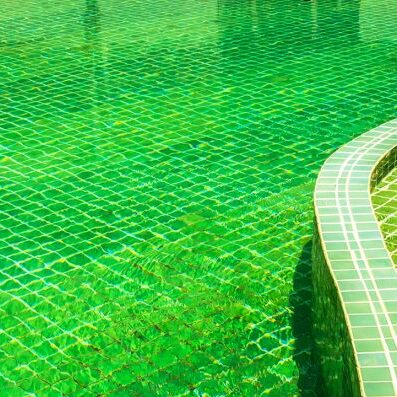
How to Treat Pool Algae
How to Treat and Prevent Algae How to Treat and Prevent Algae during Spring Opening Warning: when following these steps, DO NOT use your automatic vacuum as there is no option of vacuuming on waste/drain. Bring a pool water sample into Buds for water balance assistance. Remove large organic debris from the bottom of the…
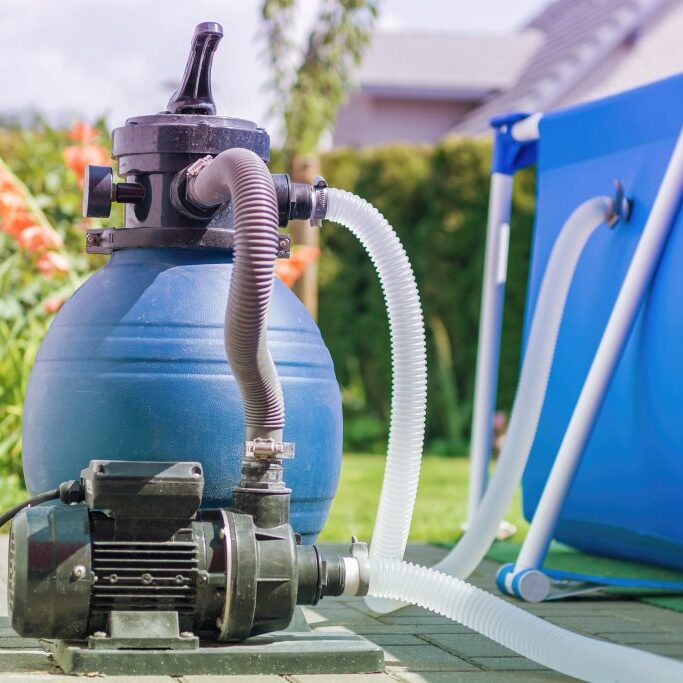
How to Change & Clean the Filter Media
How to Clean & Change a sand filter How to Change the Filter Media Sand should be changed in the filter every 3-5 years. However, if the sand is not cleaned once per season the sand may need to be changed much more often than that. 1 Turn off the pump. 2 Take the drain…
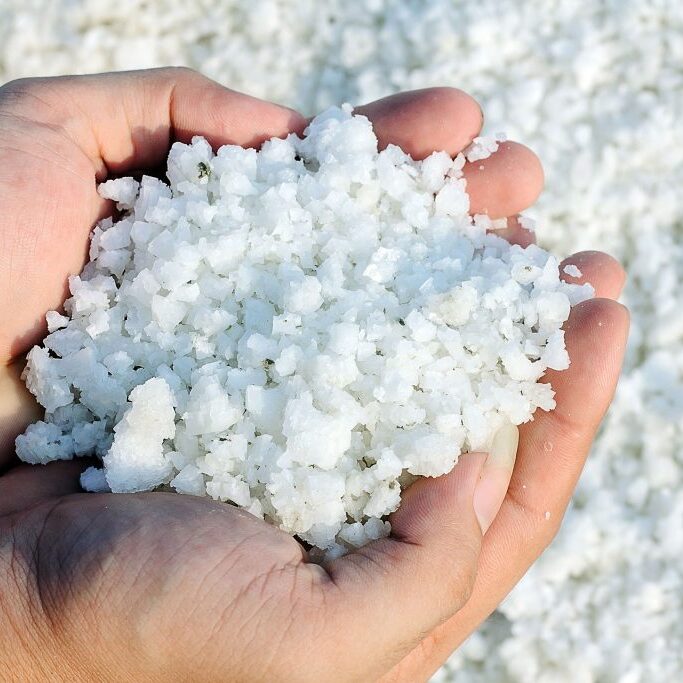
How to Clean a Pool Salt Cell
How to Clean a Salt Cell It is important to maintain a clean salt cell so chlorine can be continuously produced. Salt cells that have a lot of scale or calcium build up cannot effectively produce sanitizer and often create flow issues within the pool system. You should check your salt cell weekly to ensure…
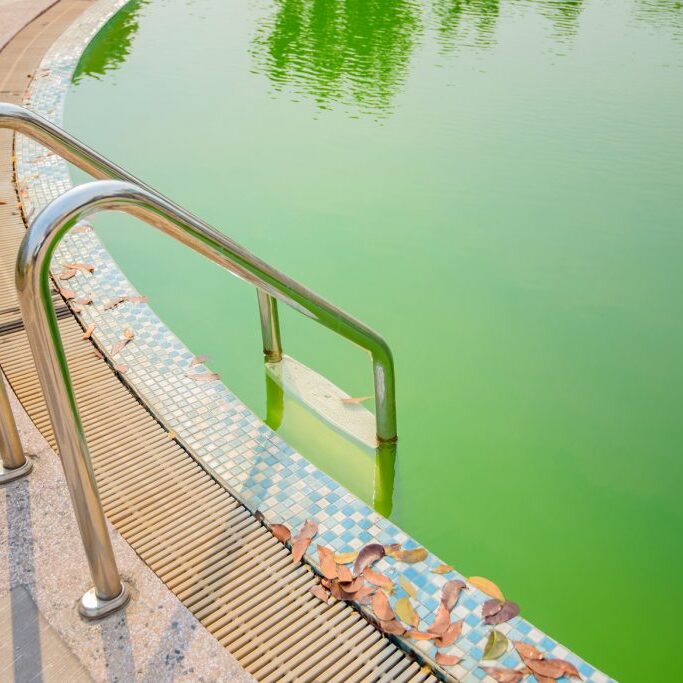
How to Treat and Prevent Cloudy or Foggy Pool Water
How to Treat Extremely Cloudy or Foggy Water How to Treat Extremely Cloudy or Foggy Water Bring a pool water sample into Buds Spas and Pools for water balance analysis. Adjust pH and/or chlorine levels as recommended by the water lab. Follow Option A, B or C depending on the level of clarity in the…
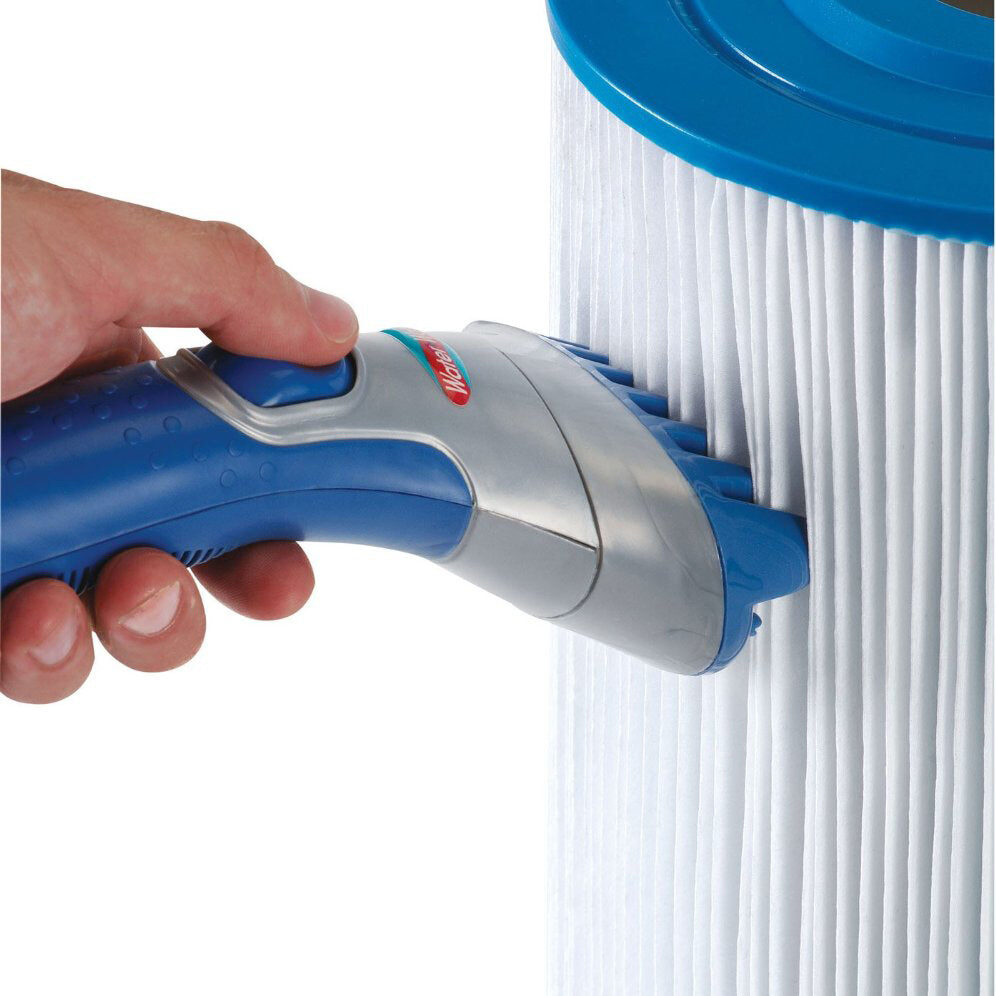
Pool Filter Cartridge Cleaning Instructions
How To Clean A Pool Filter Cartridge When should a cartridge element be cleaned? For hot tubs and swim spas, establish a routine cartridge cleaning schedule based on the amount of spa usage. This should include rinsing the cartridge weekly (or more frequently with heavy use), as well as using Rapid Action Filter Cleanse every…
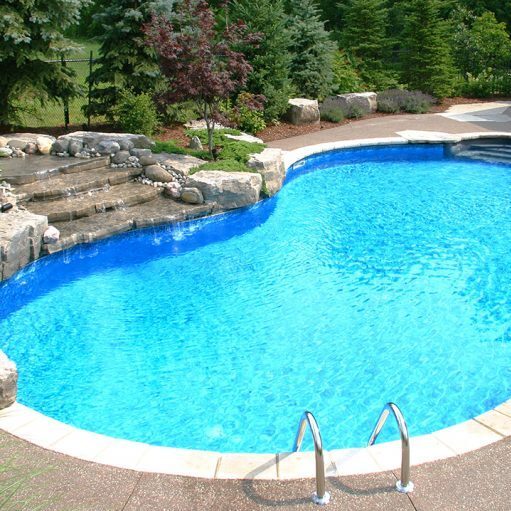
Maintenance for Saltwater Pools
Saltwater pool maintenance Helpful Tips to Maintain Your Pool New pool or new liner customers: Please bring in a water sample to Bud’s Spas and Pools before adding any chemicals and/or before entering your pool for the first time. Filtration To maintain proper filtration the pump should be operating 24/7. If your pump is on…
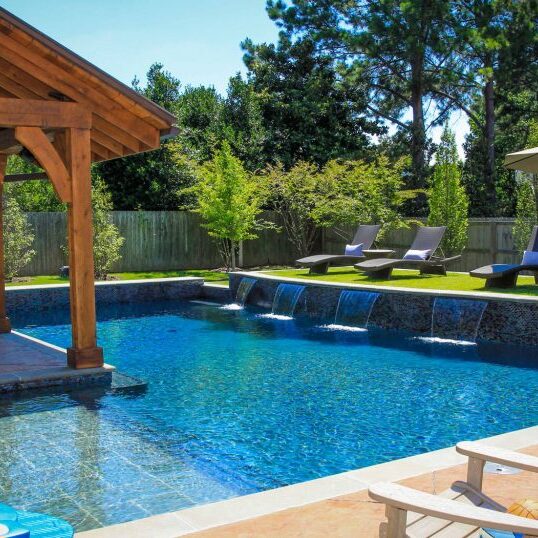
Maintenance for Non-Saltwater Pools
Non-saltwater pool maintenance HELPFUL TIPS TO KEEP IN MIND WHEN MAINTAINING YOUR POOL NEW POOL OR NEW LINER CUSTOMERS:PLEASE BRING IN A WATER SAMPLE (IN THE SAMPLE BOTTLE PROVIDED) TO BUDS SPAS AND POOLS BEFORE ADDING ANY CHEMICALS AND/OR BEFORE ENTERING YOUR POOL FOR THE FIRST TIME. Filtration To maintain proper filtration the pump should…
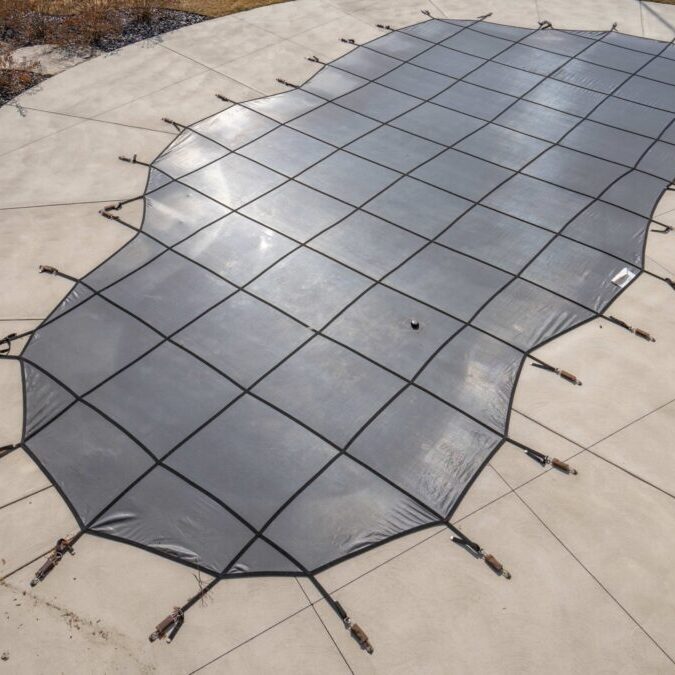
Inground Pool Closing Instructions
Pool Closing Instructions Follow these steps to properly close your pool this year 1. One week prior to closing, bring a water sample to the store so your pool can be properly balanced. 2. 48 hours before closing, clean your sand filter with Filter Cleaner. If you have a cartridge filter, it can be cleaned…
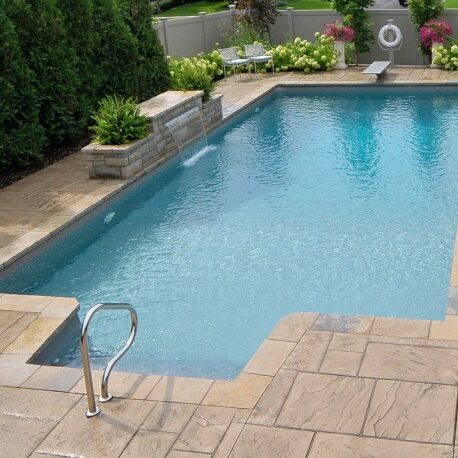
Pool Opening Instructions
Pool Opening Instructions Pool Opening Instructions 1. Remove any leaves or debris from the top of your winter cover (this should not go in the pool). 2. Remove the water off your pool cover using a submersible pump. When using a submersible pump, please ensure that the pump is not sitting directly on the pool…
